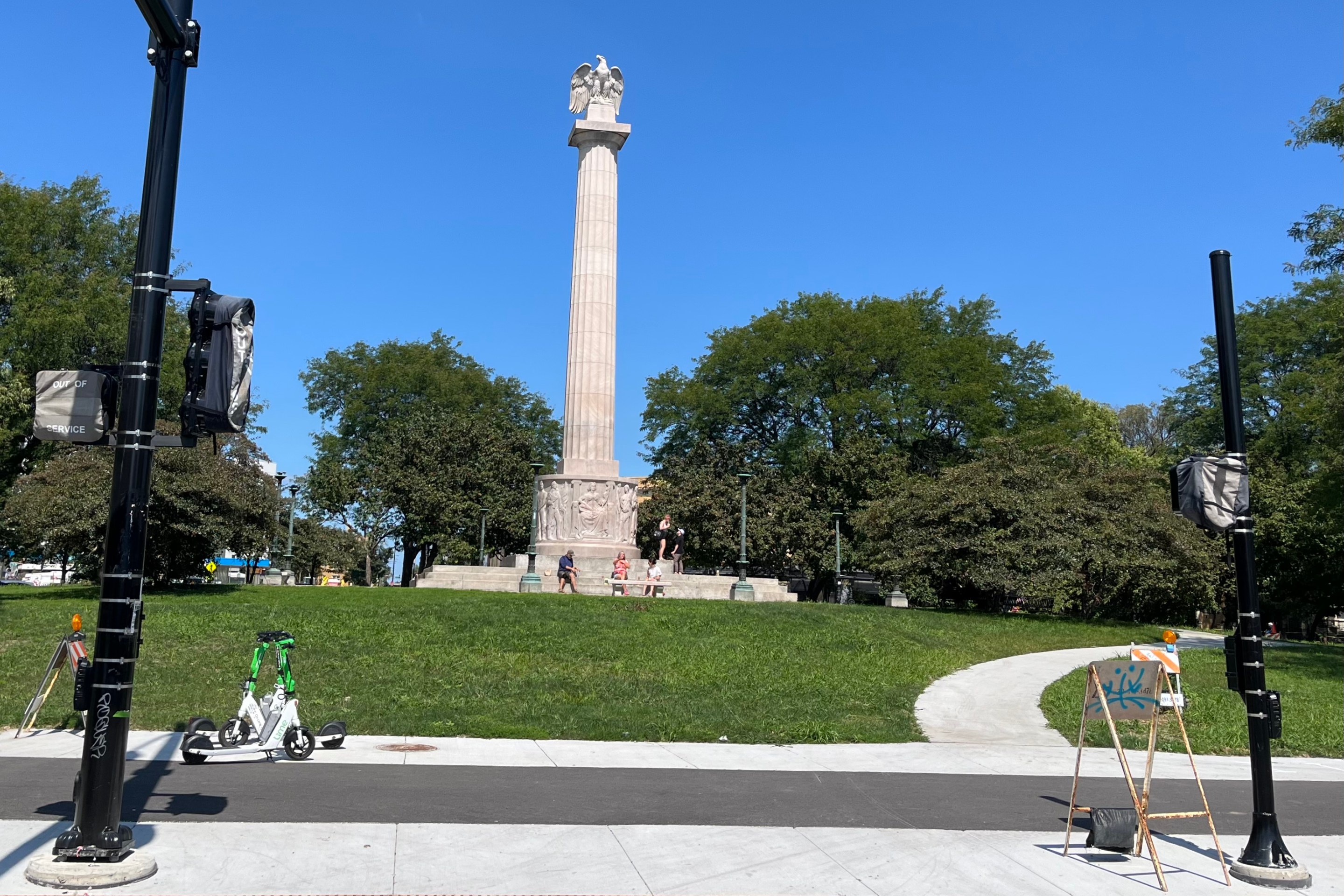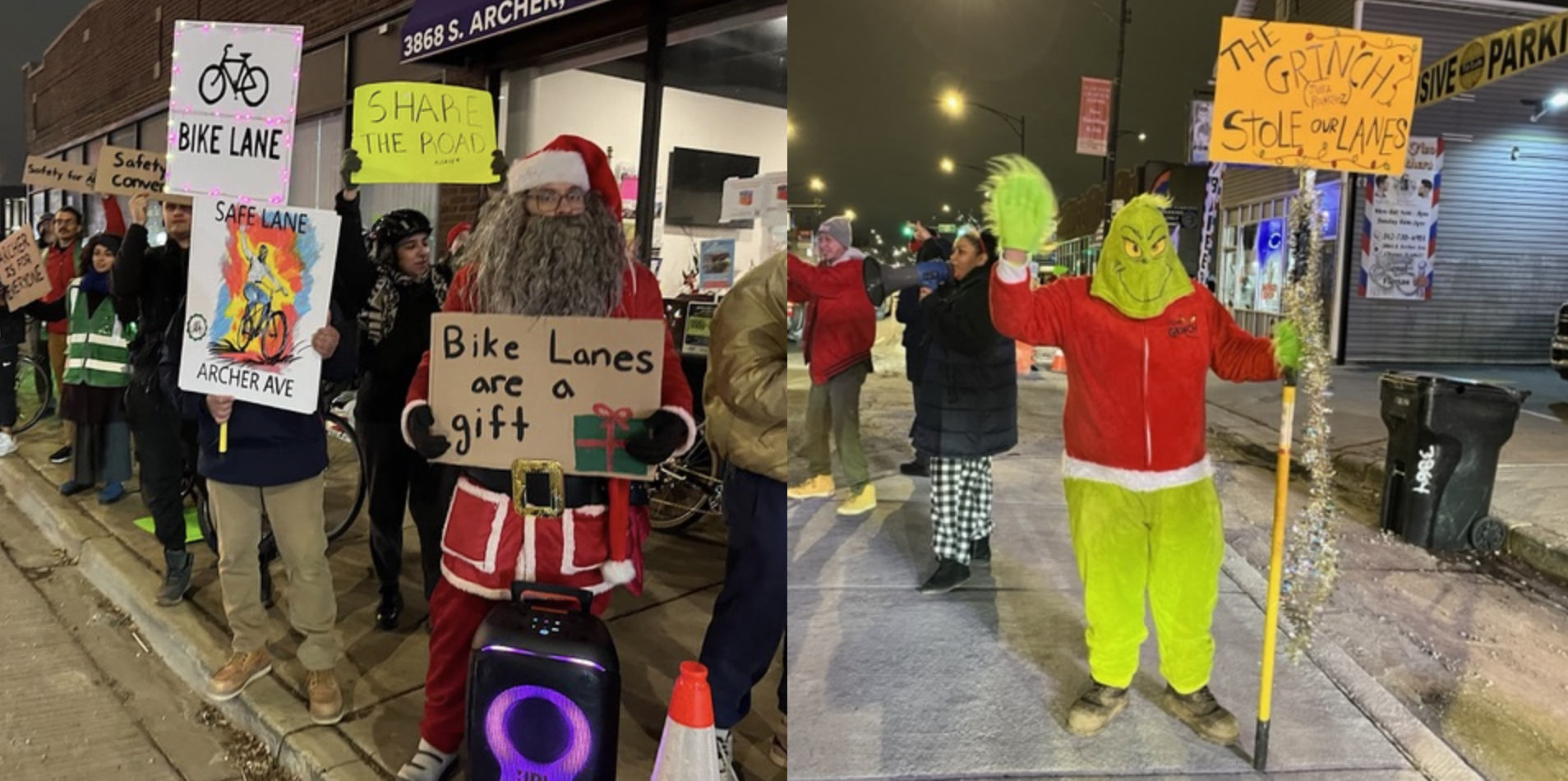Does the state government of Wisconsin, under the leadership of Scott Walker, hate intercity rail or love it? Lately, it's been difficult to tell.
Just a few years ago, the newly elected Walker rejected some $810 million in federal money to expand passenger rail to the capital city of Madison. Now, all of a sudden, Wisconsin DOT is in talks with Amtrak to expand service between Milwaukee and Chicago and points beyond. Why the change in attitude?
James Rowen at the Political Environment says Madison got left behind because of the worst kind of partisan decision making:
Killing the train was really all about sticking it to Madison, denying a Democratic city a transportation option for tourists, students, business officials and university researchers.
Though some Amtrak improvements will take place in Wisconsin, Republican Scott Walker was not going to allow out-going Democratic Governor Jim Doyle to get any credit, or Madison receive any economic benefit from modern train service.
Walker instead bowed to his right-wing, suburban talk radio base and succeeded in getting Wisconsin's $810 million in federal funding won by Doyle from the Obama administration pushed to other states.
Sacrificed for right-wing politics: thousands of construction jobs, a Milwaukee-based train assembly and repair factory, and an extension of the Chicago-Milwaukee "Hiawatha" Amtrak line to Madison.
That extension was to be a segment of the planned Midwest regional high-speed system - - but Walker used the issue as a campaign cudgel against cities, Democrats and even Doyle even though Doyle was not on the ballot.
Light rail, commuter tail, Amtrak rail - - it's the same partisan, anti-urban dog whistle, even though the stance costs the state commerce and employment.
Elsewhere on the Network today: Urban Milwaukee shares photos of the city's first parklet. Reno Rambler cites some stats indicating that bike lanes are good for property values. And Walkable Dallas Fort Worth culls some lessons from Houston's map of potential light rail routes.




